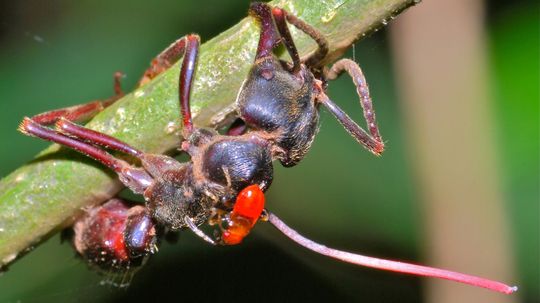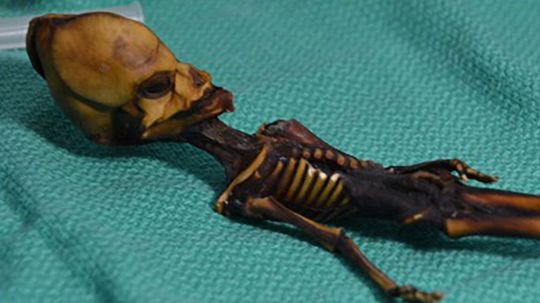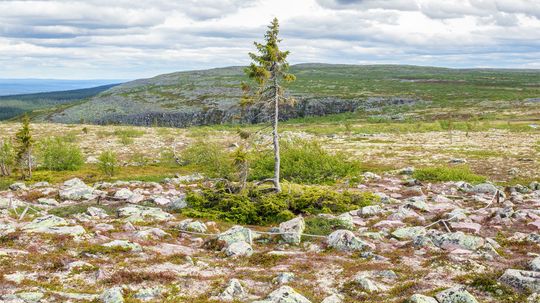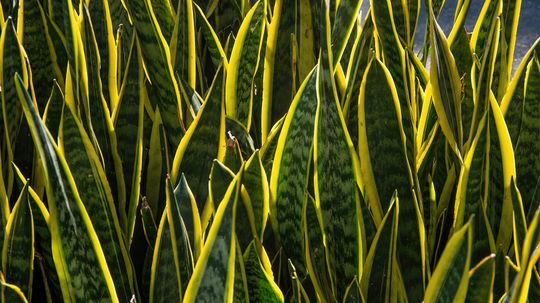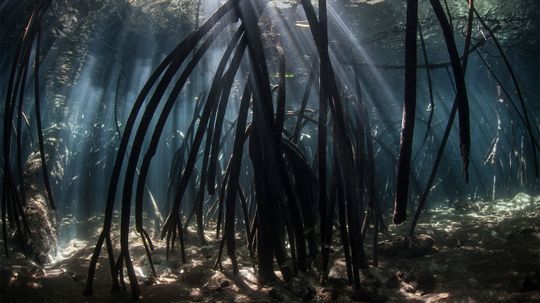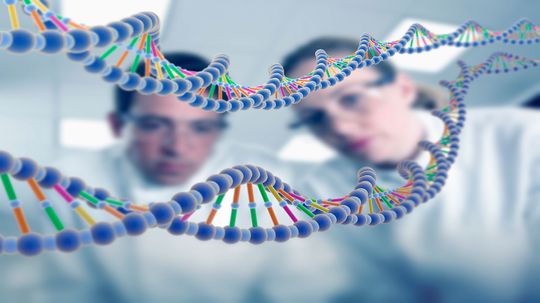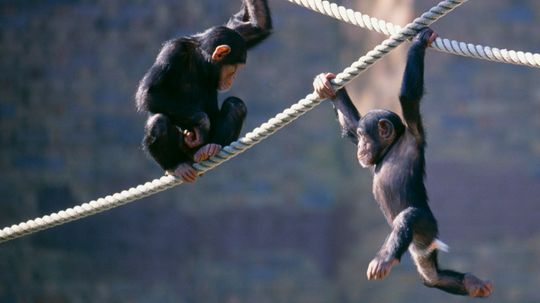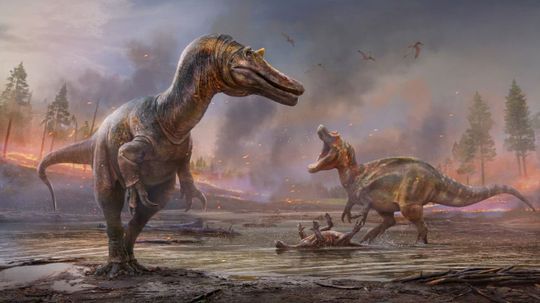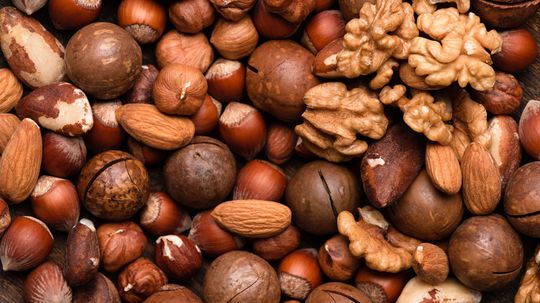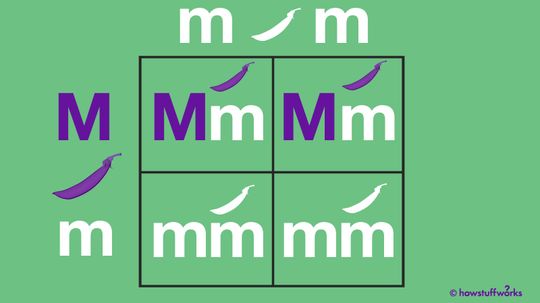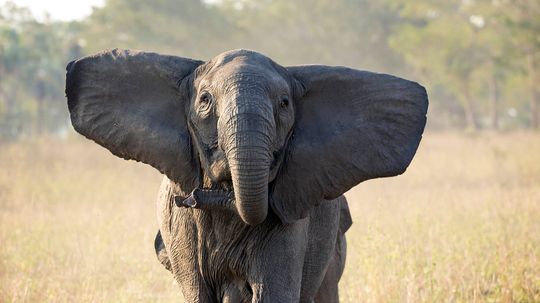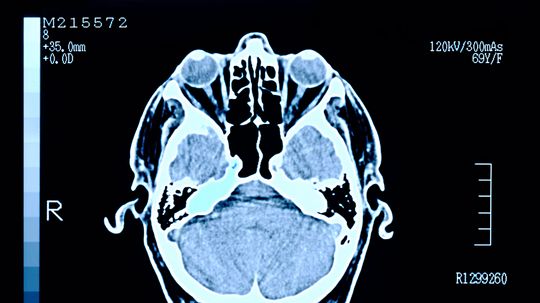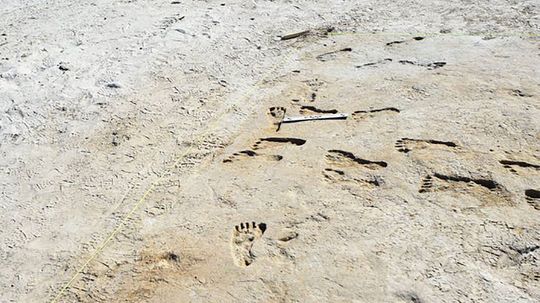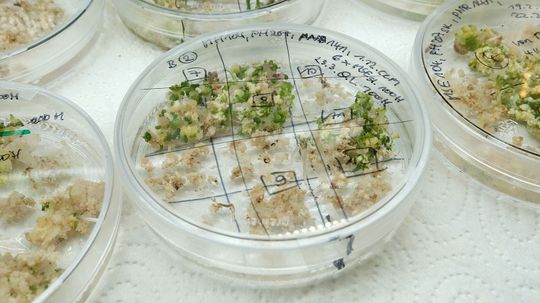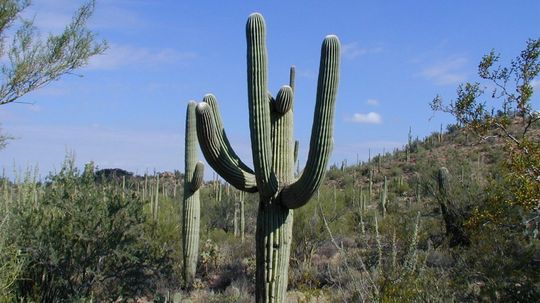Life Science
From the smallest microbe to the largest mammal, Life Science explores the origins, evolution and expansion of life in all its forms. Explore a wide range of topics from biology to genetics and evolution.

First, Second, Third, Removed, Kissing — It's Complicated! A Cousins Tutorial
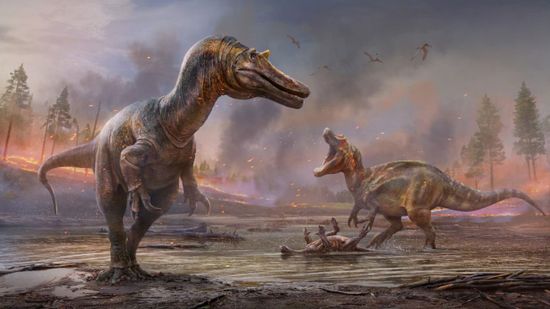
在202年伦敦科学家描述了552个新物种1. Here Are 4 Favorites
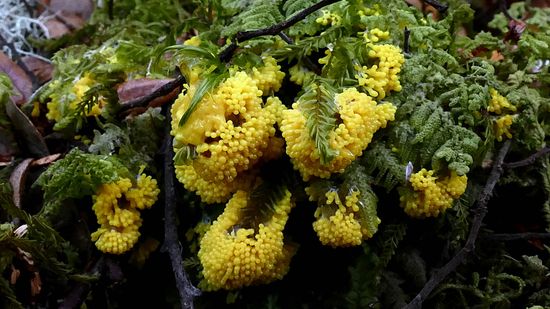
Brainless, Footless Slime Molds Are Weirdly Intelligent and Mobile
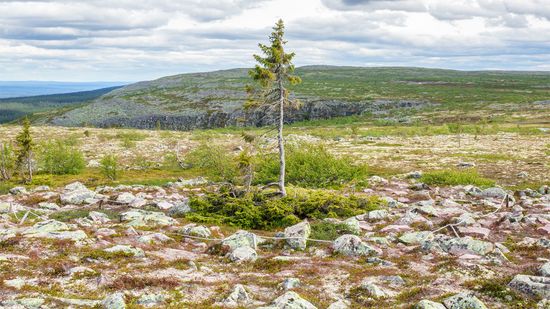
What Is the Oldest Tree in the World?
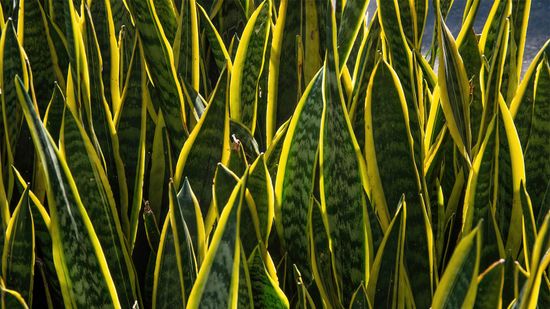
Snake Plant: A Great Plant for People Who Aren't Great With Plants
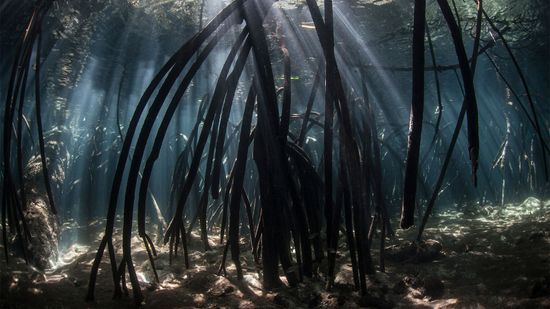
How Mangrove Forests Are Great for the Planet
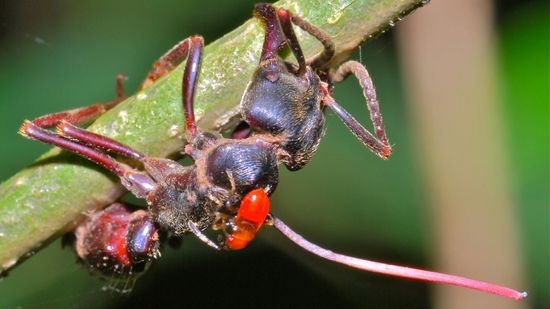
Meet the Zombie Ant Fungus That Inspired HBO's 'The Last of Us'

What's the Difference Between Mold and Mildew?

Poop Sleuths: Why Researchers Are Tracking Coronavirus in Wastewater
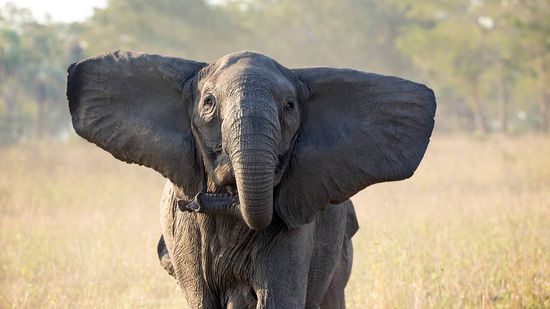
Ivory Poaching Led Only Female Elephants to Evolve Tuskless
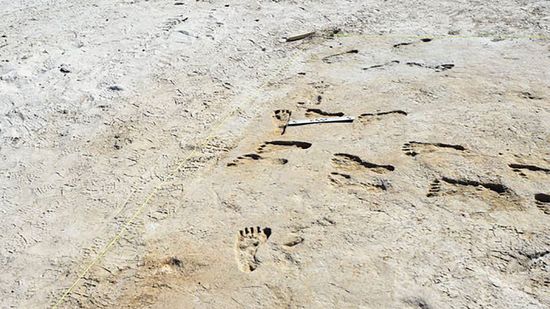
The Proof Is in the Footprints: Humans Came to Americas Earlier Than Thought
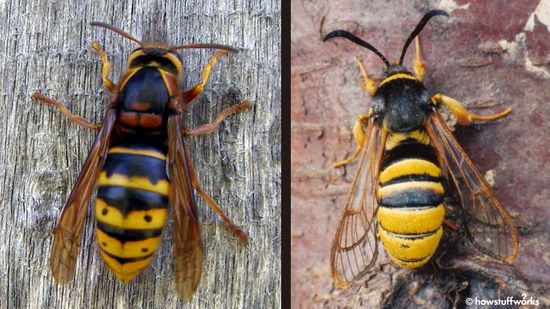
Batesian Mimicry: How Copycats Protect Themselves

How Human Height Has Changed Over Time
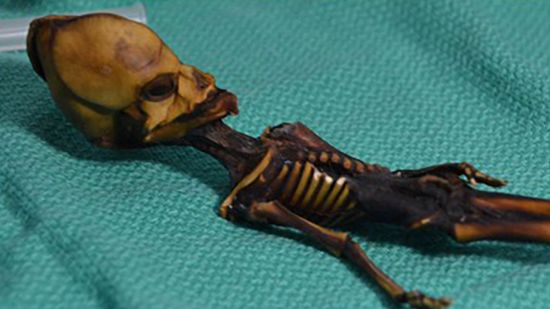
What Is the Atacama Skeleton, and Why Is It So Controversial?
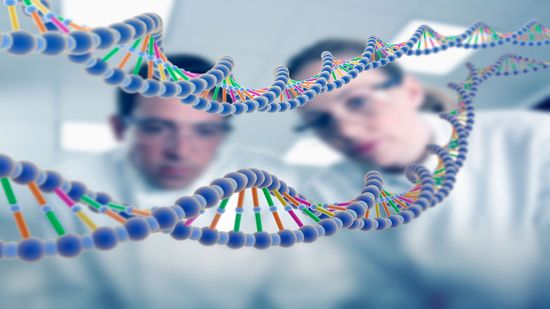
Scientists Have Finally Filled the 8 Percent Gap in the Human Genome

Can Bionic Reading Make You Read Faster?

Why Do Certain Experiences Give Us Goosebumps?

Jamais Vu Is Not Déjà Vu. It's Quite the Opposite
Learn More
The Ophiocordyceps unilateralis fungus makes a mockery of ant free will. But how does it take over the ant body to control its host?
You probably use the words mold and mildew interchangeably. But these two types of fungi aren't quite the same. Is one worse?
Changes in average height in a population say a lot about how nongenetic factors can affect human development. People in some regions have gained height while others haven't.
Advertisement
Cousins are indeed complicated. Who's your first cousin once removed? And what are kissing cousins? We'll tell you in our cousins tutorial.
The Atacama skeleton has sparked intense controversy and, based on its appearance, speculation of alien origin since its discovery in 2003. But what is the real story behind this little skeleton?
In the quest for the title of world's oldest tree, there's some stiff competition, as well as questions surrounding the way we define "oldest."
The Bionic Reading app has exploded in popularity. But can it really make you a speed reader?
Advertisement
Snake plants are attractive and virtually ironclad houseplants, almost impossible to kill, though some of the hype about them acting as air purifying filters has been overblown.
Mangroves provide a habitat for wildlife such as fish, birds, deer and insects. They also stabilize shorelines, protect against storm surges and improve water quality. What's not to love?
Think of goosebumps as 'skin orgasms' that are caused by unexpected and pleasant experiences. You know you get them when you're cold, but what is going on in our brains that triggers them?
The 2003 announcement that scientists had completed the first human genome came with an 8 percent gap. Now that gap has been filled and the first end-to-end human genome has been published.
Advertisement
Do the sewers hold the answers to the next COVID-19 surge? And what else can testing samples of untreated wastewater tell us about the health of our communities?
Ever find yourself momentarily disoriented in a familiar place or encounter a friend who looks like a stranger? You could be experiencing jamais vu.
It's more than just a cool trick. Monitoring that invisible animal DNA could have huge benefits for animal conservation.
Scientists at the Natural History Museum in London described 552 species in 2021, including a couple of dinosaurs.
Advertisement
Time to get nutty! How much do you know about all of the different types of nuts out there? Take this quiz and find out!
One in three people consistently struggle through the autumn and winter months with a type of depression known as seasonal affective disorder (SAD). Here are some tips for dealing with it.
A Punnett square helps predict the possible ways an organism will express certain genetic traits, such as purple flowers or blue eyes.
Scientists have determined that years of ivory poaching to fund Mozambique's civil war altered the genetics of the country's elephants. But it only affected the females. A new study tells why.
Advertisement
Whole genome sequencing can analyze a baby's DNA and search for mutations that may cause health issues now or later in life. But how prepared are we for this knowledge and should it be used on all babies?
Research shows no two brains are put together quite the same way. And we can find out the patterns in under two minutes.
Footprints unearthed at White Sands National Park in New Mexico were made some 23,000 years ago. That's much earlier than scientists have previously placed humans in the Americas.
CRISPR is the genius behind innovations that seemed impossible a decade ago. Could you grow tomatoes with the kick of hot sauce or ferment wine that doesn't cause a hangover? That's just two of the things scientists are looking into.
Advertisement
Does it bug you when people around you fidget? If it does, you have something called misokinesia and you are not alone because one-third of those studied felt the same way.
Even if you've never seen a saguaro in person, when you think "cactus," you're probably thinking "saguaro."
